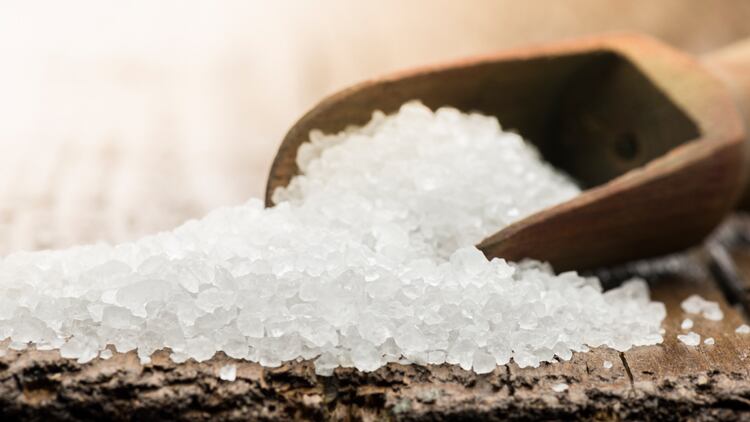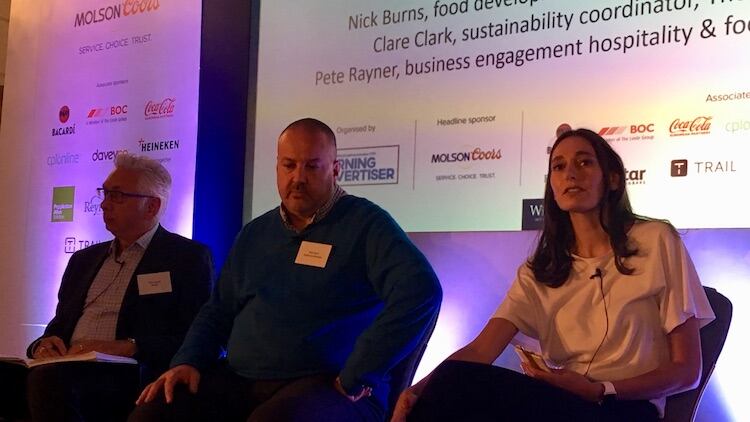The research, which was co-designed by Seung-Kyu Kim, professor at Incheon National University and Greenpeace, analysed 39 salt brands globally.
It found plastic contamination in sea salt was highest, followed by lake salt, then rock salt, which the research said was an indicator of the levels of plastic pollution in the areas where salt was sourced.
Sea salt can be used in a huge variety of pub menu staples, including cottage pie, pork dishes, Sunday roasts along with fish meals.
Plastic emissions
Kim said: “The findings suggest human ingestion of microplastics via marine products is strongly related to plastic emissions in a given region.
“In order limit our exposure to microplastics, preventative measures are required, such as controlling the environmental discharge of mismanaged plastics and reducing plastic waste.”
Some 39 salt samples were sourced from 21 countries/regions, including the UK.
Responsible recycling
Awa Traoré, West Africa oceans campaigner for Greenpeace Africa said: “Recent studies have found plastics in seafood, wildlife, tap water and now in salt.
“It is clear there is no escape from this plastic crisis, especially as it continues to leak into our waterways and oceans.
“We need to stop plastic pollution at its source and, therefore, call upon the accountability of big corporates in this crisis. They need to reduce their plastic footprint and take on the problem they have created.
“We also need to see the effective implementation of single-use plastic ban laws in African countries and not only strong commitments from governments.
“For the health of people and our environment, it is incredibly important these big corporates be pushed to go beyond recycling, start taking responsibility for their contribution to plastic pollution and begin reducing single-use plastic production.”



